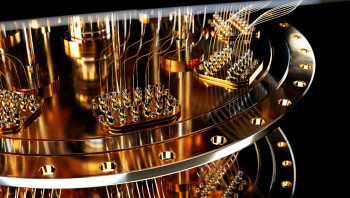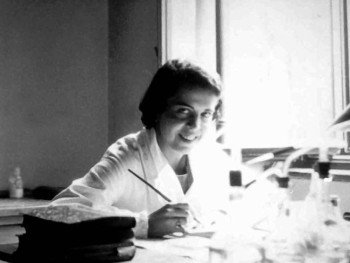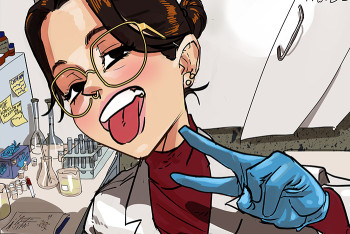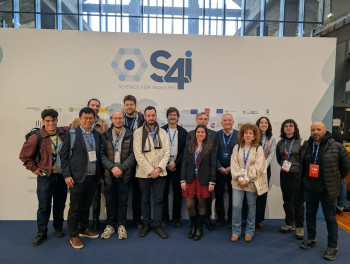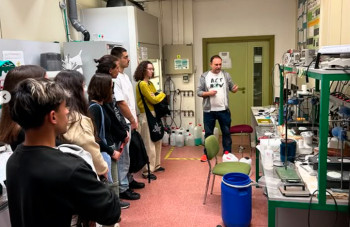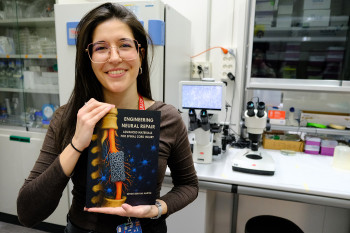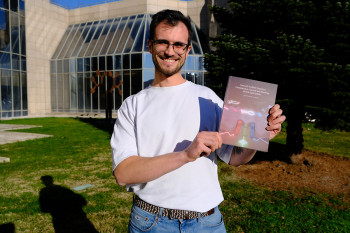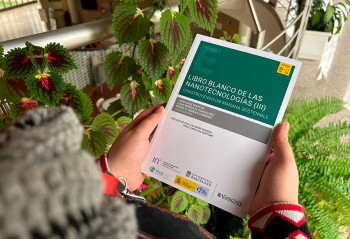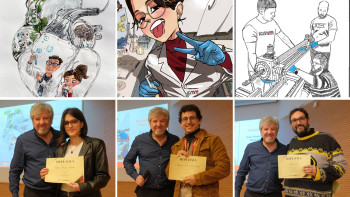News at ICMM
-
-
El ICMM-CSIC estrena una nueva obra de teatro sobre Dorotea Barnés, química española repudiada por el franquismo
-
Teatro divulgativo, charlas, talleres, Escape Road y 'Nanocientíficas': el ICMM se vuelca en este 11F con actividades durante todo el mes
-
The ICMM brings its most advanced innovations to Science 4 Industry
-
Researchers Control of Quantum Bits with Ultrafast Light Pulses to Process Data a Thousand Times Faster
-
El ICMM lanza su II jornada de puertas abiertas para estudiantes de Universidad
-
Esther Benayas is defending her thesis: "When I started this journey, and still today, I believed that science could help improve people’s lives"
-
David Fernández is defending his thesis: "I enjoy the mix of creativity and discipline: you need imagination to propose a model, but rigor to prove it’s right"
-
Nace el III Libro Blanco de las Nanotecnologías: “Tenemos la obligación de combatir los discursos anticientíficos”
-
Celia Martín-Morales, Alejandro Silva and Ezequiel Tosi, winners of the I edition of our 'Materially Artistic' contest
